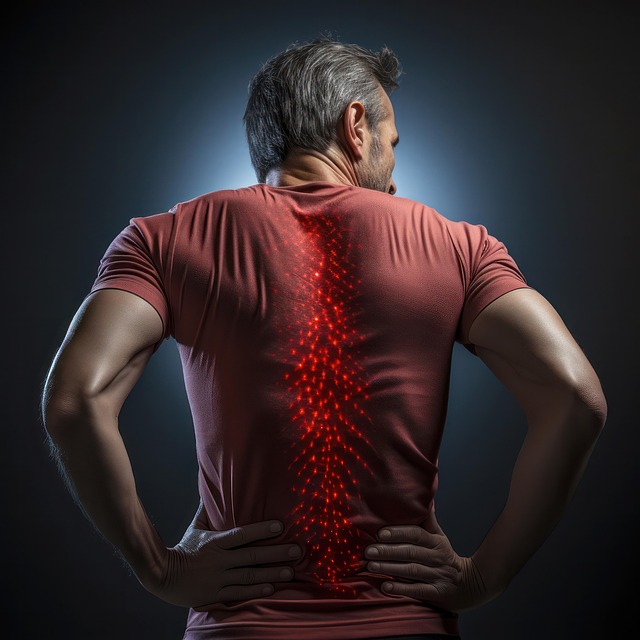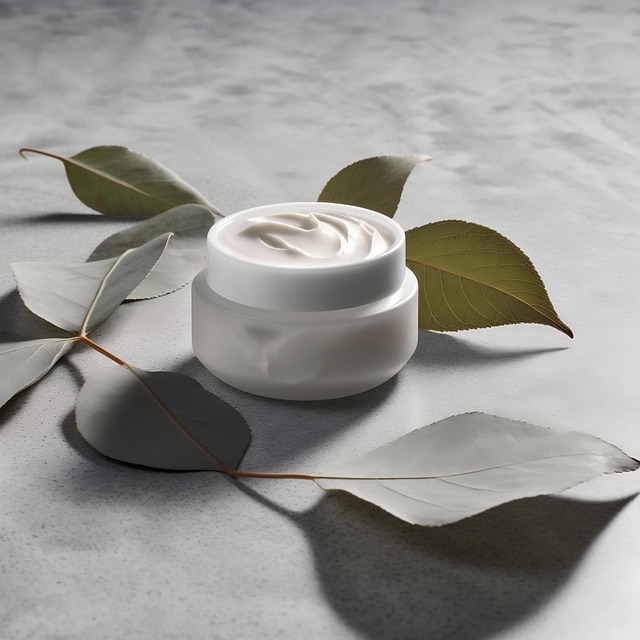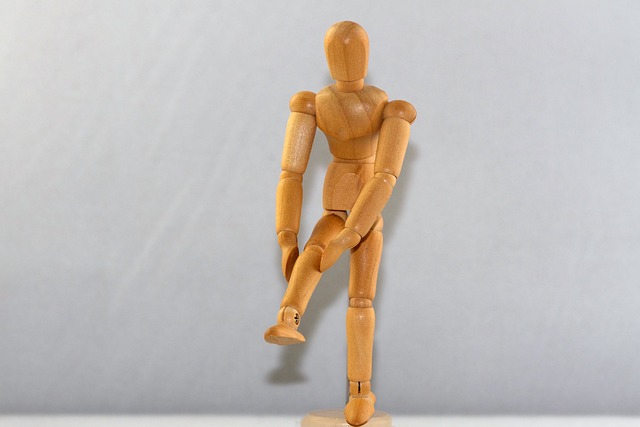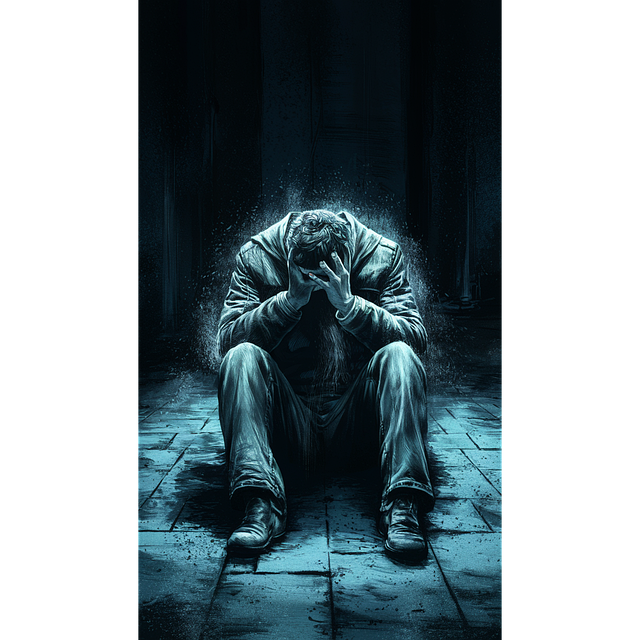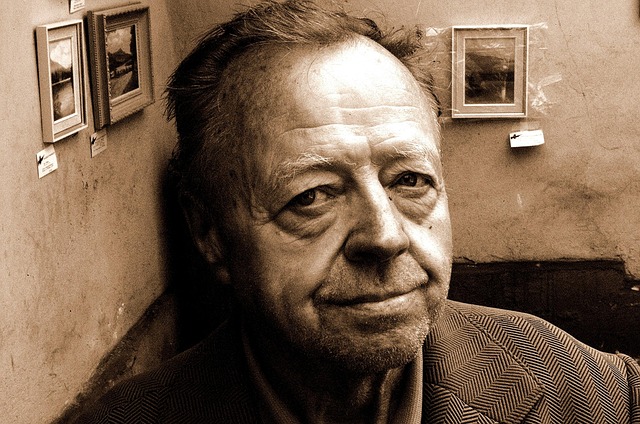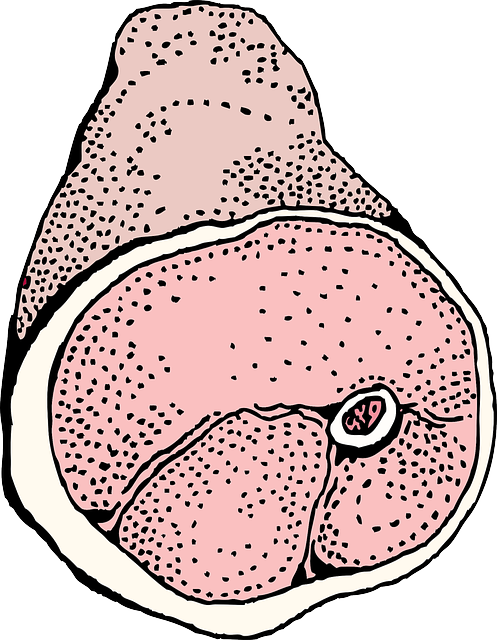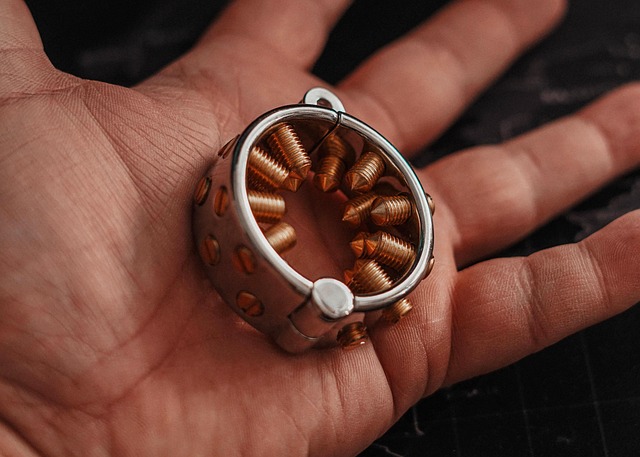Chiropractic treatments for shoulder pain after car accidents offer a non-invasive solution to manage frozen shoulder. Chiropractors use manual therapy and joint adjustments to reduce inflammation and adhesions, restoring shoulder function and alleviating pain without surgery or strong medication. Combined with targeted exercises and physical therapy, chiropractic care promotes long-term recovery and prevents future flare-ups.
“After a car accident, many victims experience severe shoulder pain, often diagnosed as frozen shoulder. This condition can significantly impact daily life and activities. In this article, we explore effective strategies to alleviate frozen shoulder post-car accidents.
First, we delve into understanding the condition, including its causes and symptoms. Next, we highlight the benefits of chiropractic treatments for shoulder pain relief, offering a non-invasive approach. We also provide recovery tips and long-term care strategies to aid in a full recovery. Discover how these methods can help you regain mobility and comfort.”
- Understanding Frozen Shoulder After Car Accidents
- Exploring Chiropractic Treatments for Relief
- Recovery Tips and Long-Term Care Strategies
Understanding Frozen Shoulder After Car Accidents
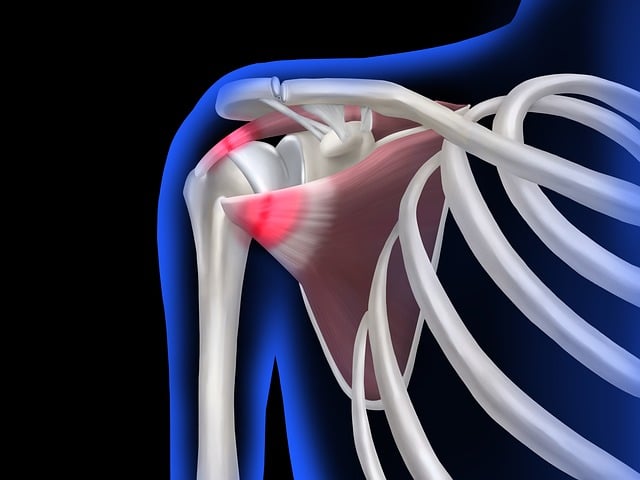
Frozen shoulder, also known as adhesive capsulitis, is a common complication that can arise after a car accident. It’s characterized by significant shoulder pain and limited range of motion, making even simple tasks difficult. In the aftermath of a collision, the soft tissues around the shoulder joint can become inflamed and tightened, leading to this debilitating condition.
Chiropractic treatments have proven effective for managing frozen shoulder after car accidents. Chiropractors employ various techniques like manual therapy, stretching exercises, and gentle adjustments to improve mobility and alleviate pain. These treatments aim to reduce inflammation, release adhesions in the joint capsule, and restore the normal function of the affected shoulder. Chiropractic care is a non-invasive approach that offers significant relief without the need for surgery or strong medications.
Exploring Chiropractic Treatments for Relief

Chiropractice has emerged as a popular and effective approach to managing frozen shoulder, often experienced following a car accident. Chiropractic treatments focus on adjusting the spine and joint manipulation to alleviate pain and improve mobility. This non-invasive method is particularly beneficial for those seeking alternative solutions to conventional therapies.
Chiropractors utilize various techniques such as spinal manipulation, mobilizations, and muscle-releasing exercises tailored to the patient’s specific condition. These treatments aim to reduce inflammation, restore range of motion, and promote self-healing in the shoulder joint. Many patients find relief from chronic pain and improved functionality over time with consistent chiropractic care after a car accident.
Recovery Tips and Long-Term Care Strategies

Recovery from a frozen shoulder after a car accident can be a lengthy process, but with the right strategies, significant improvement is achievable. Chiropractic treatments for shoulder pain post-accidents are often recommended as a non-invasive approach. Chiropractors use techniques like manual therapy and joint mobilization to reduce stiffness and improve range of motion. Regular sessions can help restore mobility and alleviate discomfort.
For long-term care, combining chiropractic care with exercises focused on strengthening the shoulder muscles is beneficial. Physical therapists can guide patients through specific stretches and workouts tailored to their condition. Additionally, maintaining a consistent treatment plan, adopting a healthy lifestyle, and adhering to doctor’s advice are crucial for optimal recovery and preventing future flare-ups.
Frozen shoulder following a car accident can significantly impact mobility and quality of life. However, with the right approach, relief is achievable. Chiropractic treatments have proven effective in managing this condition, offering non-invasive solutions to reduce pain and improve range of motion. By combining these treatments with targeted recovery tips and long-term care strategies, individuals can speed up their recovery process and regain control over their daily activities. Remember, seeking professional help tailored to your specific needs is essential for optimal results following a car accident-related frozen shoulder injury.


